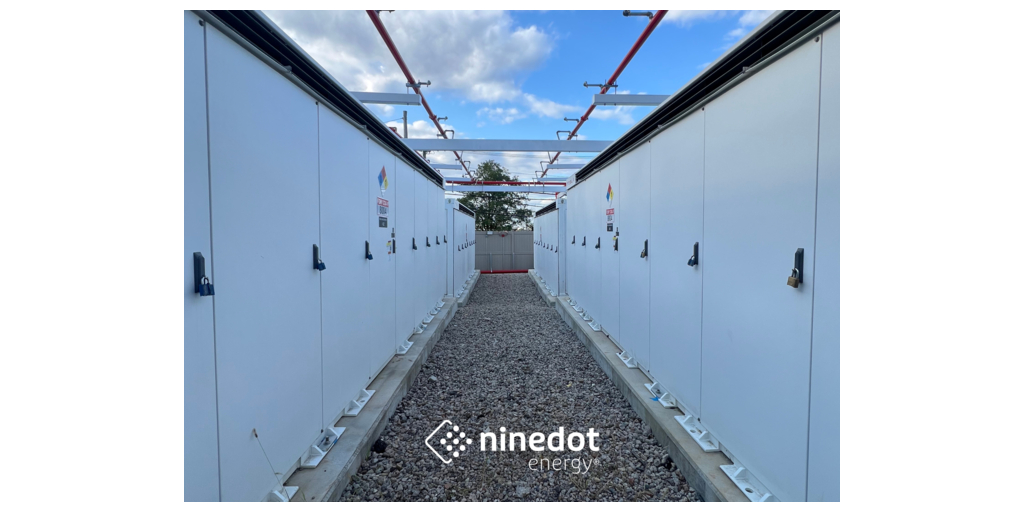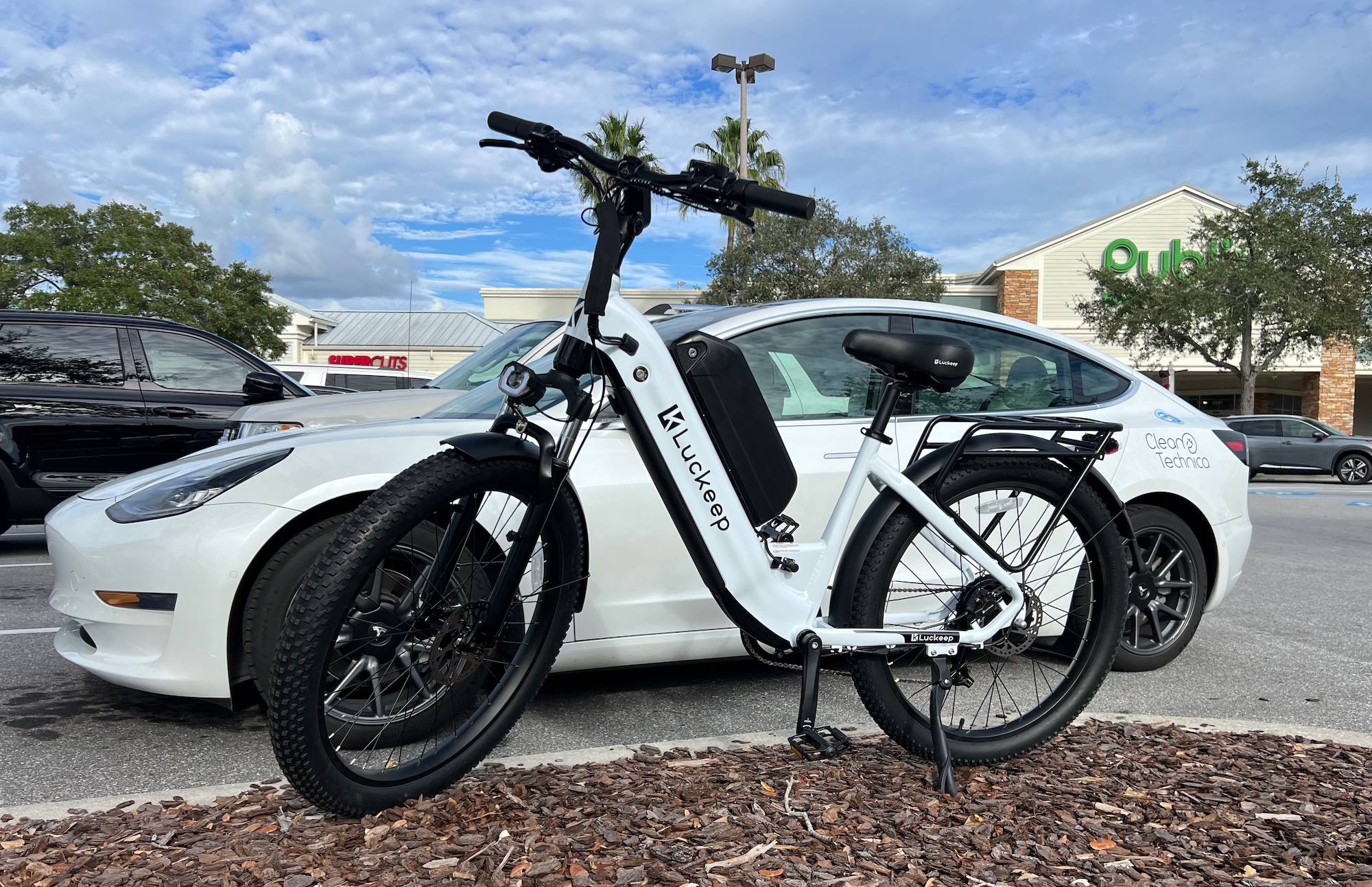
Sign up for daily news updates from CleanTechnica on email. Or follow us on Google News!
I was just reading Tina Casey’s article on EV sales and saw the section at the end noting that California Governor Gavin Newsom plans to revive the state’s EV subsidies if Trump and Republicans kill the $7,500 US EV tax credit. The fascinating, or one might say crazy, thing about the news is that the revived California EV rebate may exclude Tesla vehicles. How and why would that happen?
Well, let’s start with the most obvious political answer. Elon Musk would be a big part of the US EV tax credit getting cut, a huge part of it. If California has to come in and keep the EV incentives going for its residents, it’s not that surprising that Governor Gavin Newsom would say, “well, s*rew you,” and find a way to exclude Teslas. Furthermore, Musk has repeatedly trashed California, trashed Democrats, and moved Tesla HQ and his own residence to Texas, avoiding massive taxes for the state after building Tesla’s and Elon’s empire largely on the backs of Californians and particularly Californian taxpayers. Again, after getting basically stabbed in the back, the state may feel like it’s done subsidizing Tesla.
Now, some counterpoints. Tesla’s biggest factory outside of China is still its Fremont factory. Supporting Tesla supports jobs in Fremont, California, as well as surrounding areas. Even if Tesla has moved its HQ to Texas, there’s no more Californian car company than Tesla. Also, about half of electric vehicle sales are still Tesla sales. There are no electric vehicles buyers want to buy more than Teslas. So, finding a way to exclude Tesla from the incentives is also punishing people who would rather buy a Tesla than a non-Tesla EV. That’s not very nice, and surely not going to be popular with a lot of consumers.
But let’s now get less personal and look at some other possibilities, and this would also get to legitimate reasons why the state could exclude Teslas. First of all, if California’s chief aim is to encourage automakers to produce and sell more EVs and fewer gasoline-power cars, it could build legislation around that, around the share of automakers’ sales that are electric and making sure that share grows. Naturally, Tesla’s already at 100% electric vehicles, so there’s no room for improvement there. (The counterargument is that as long as Teslas are made cheaper via EV subsidies, they are going to outcompete more gas-powered vehicles and reduce their sales — the whole reason it makes no sense for Elon Musk to support killing the EV tax credit.)
Or perhaps the state wants to support companies that have strong ESG or DEI policies and Tesla won’t qualify. (This is a way-outside-the-box idea that I wouldn’t put money on, but it’s a possibility.)
Maybe the state would like to only subsidize cars under a certain price point and Tesla cars won’t qualify. But if that’s the case, most electric cars won’t qualify and only a few would benefit.
Maybe the state could even set the policy such that the incentives are only eligible for car companies that didn’t push to remove the federal EV tax credit. But I doubt it.
I’m not really sure what other possibilities are out there. And given that none of those arguments above are particularly compelling, I’d presume that Tesla vehicles will be included. Perhaps there’s even something misreported on this and there’s no interest in finding a way to exclude Teslas.
Though, if it ends up Tesla vehicles are excluded (and this also goes on the assumption that Republicans remove the federal EV tax credit), I’d have to guess that there’d be something in the policy about increasing the share of automakers’ sales that are electric vehicle sales, and tough luck to those companies already at 100%. We’ll see.

Chip in a few dollars a month to help support independent cleantech coverage that helps to accelerate the cleantech revolution!
Have a tip for CleanTechnica? Want to advertise? Want to suggest a guest for our CleanTech Talk podcast? Contact us here.
Sign up for our daily newsletter for 15 new cleantech stories a day. Or sign up for our weekly one if daily is too frequent.
CleanTechnica uses affiliate links. See our policy here.
CleanTechnica’s Comment Policy



